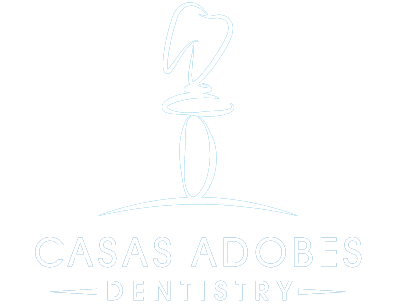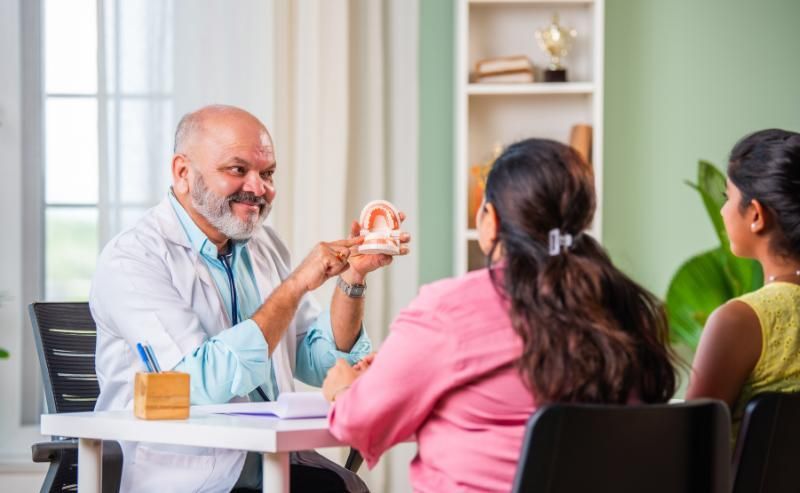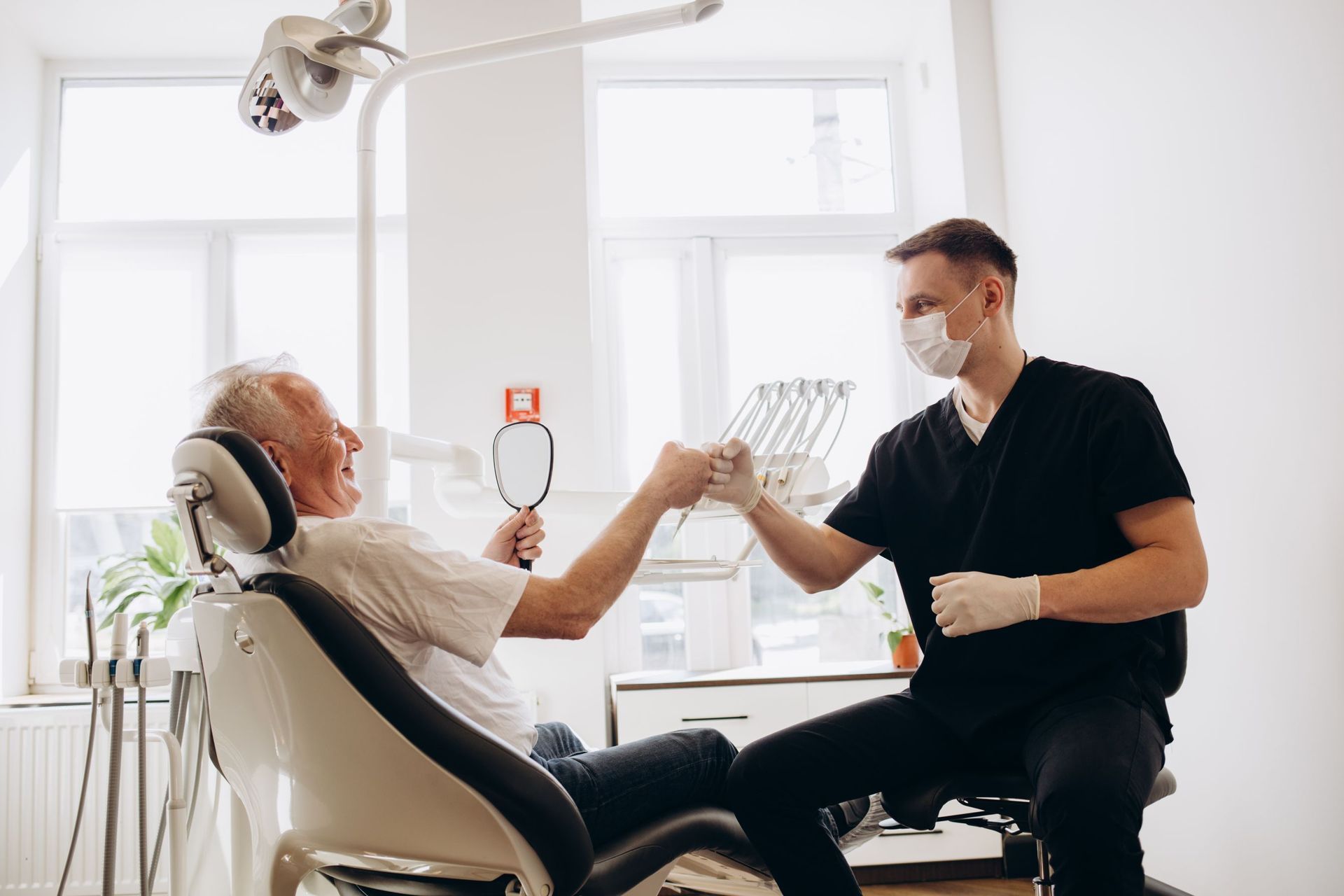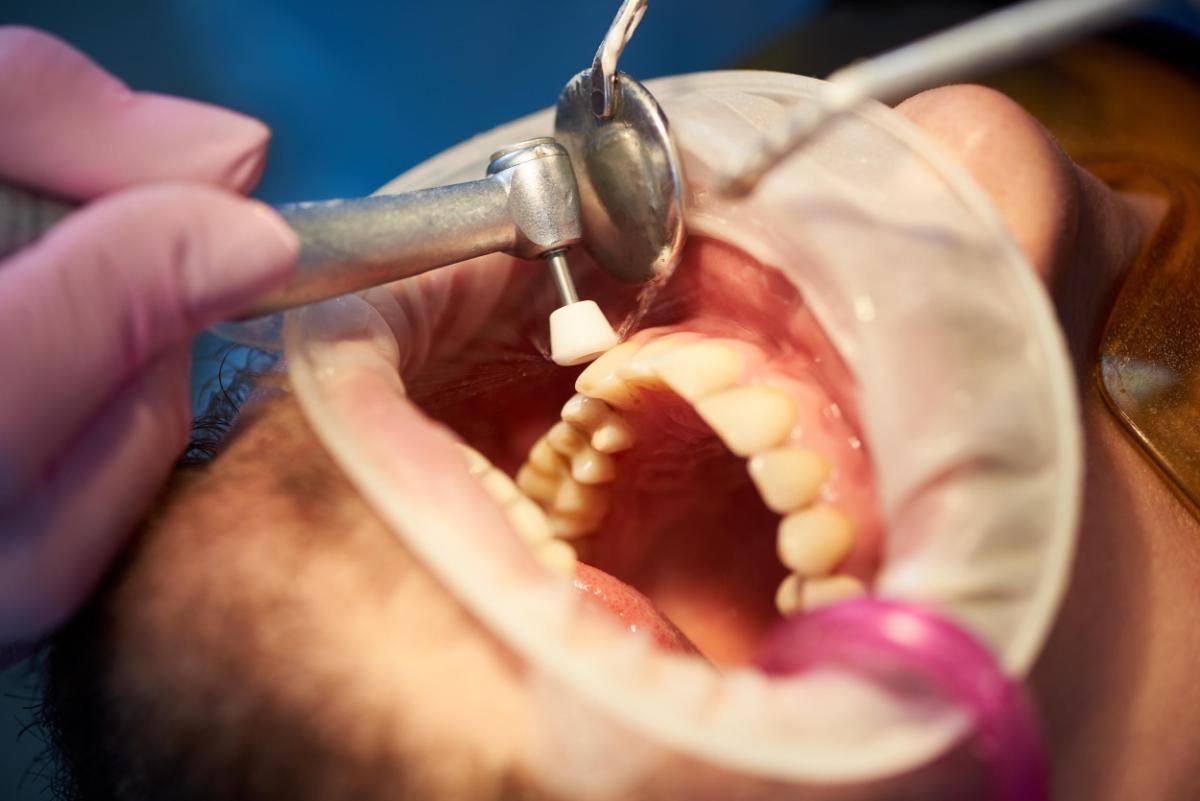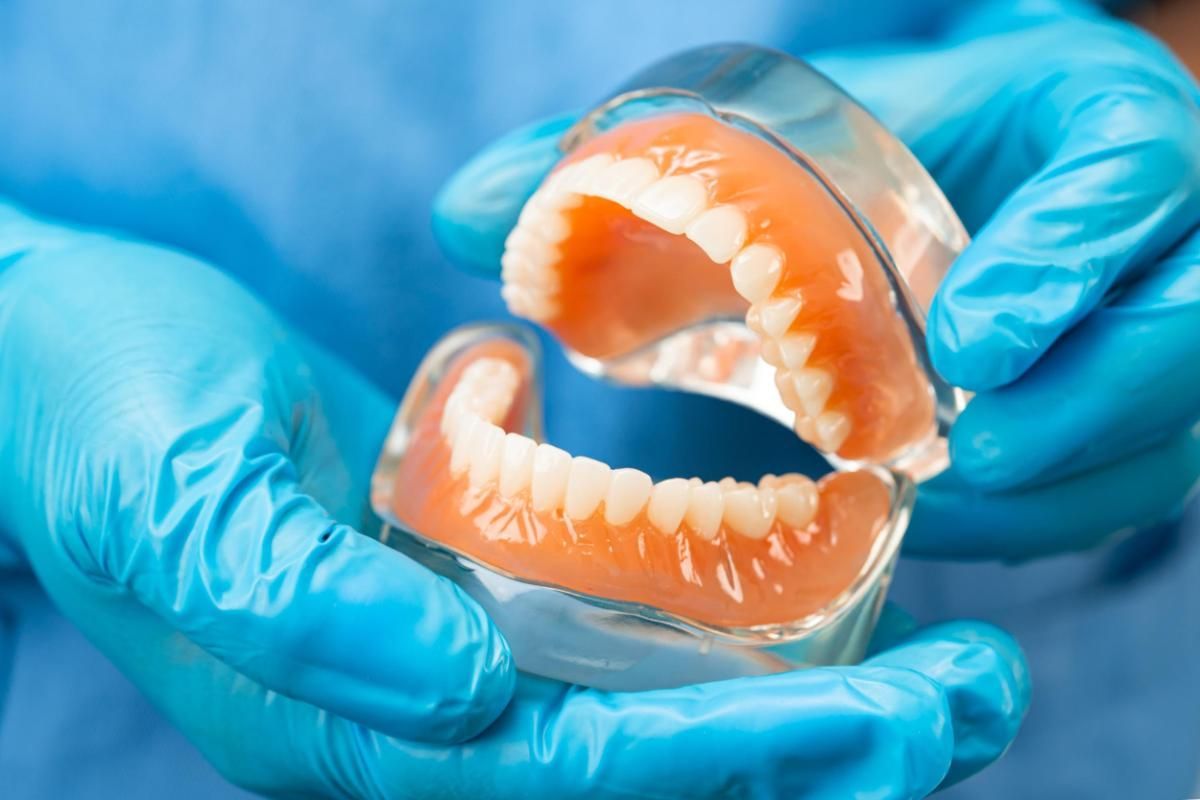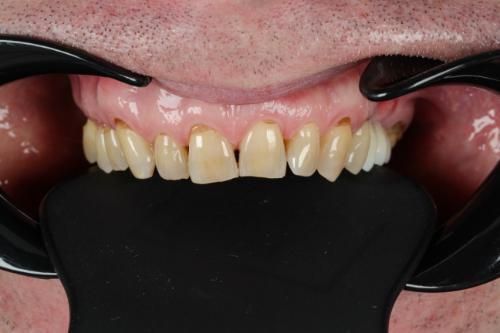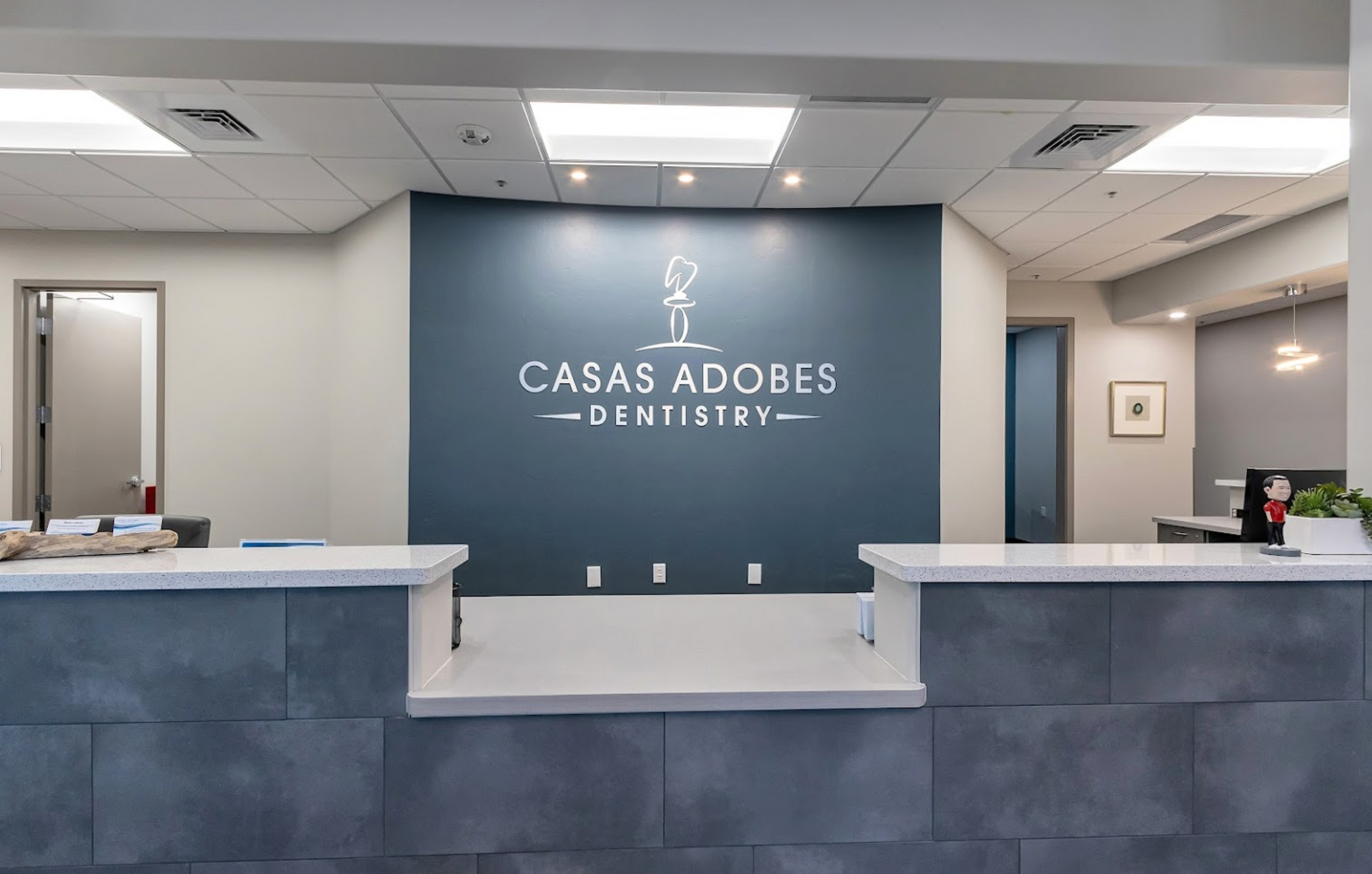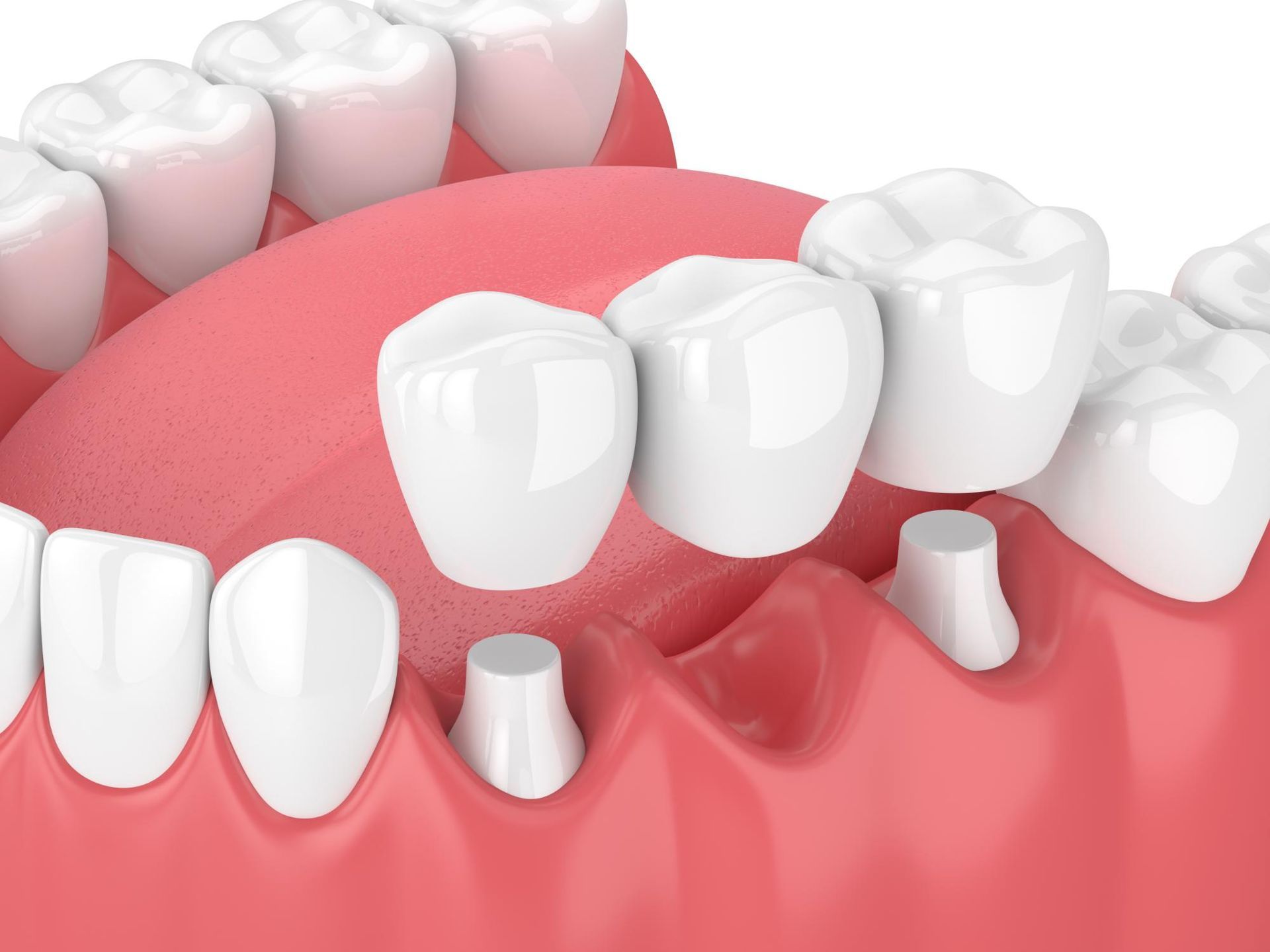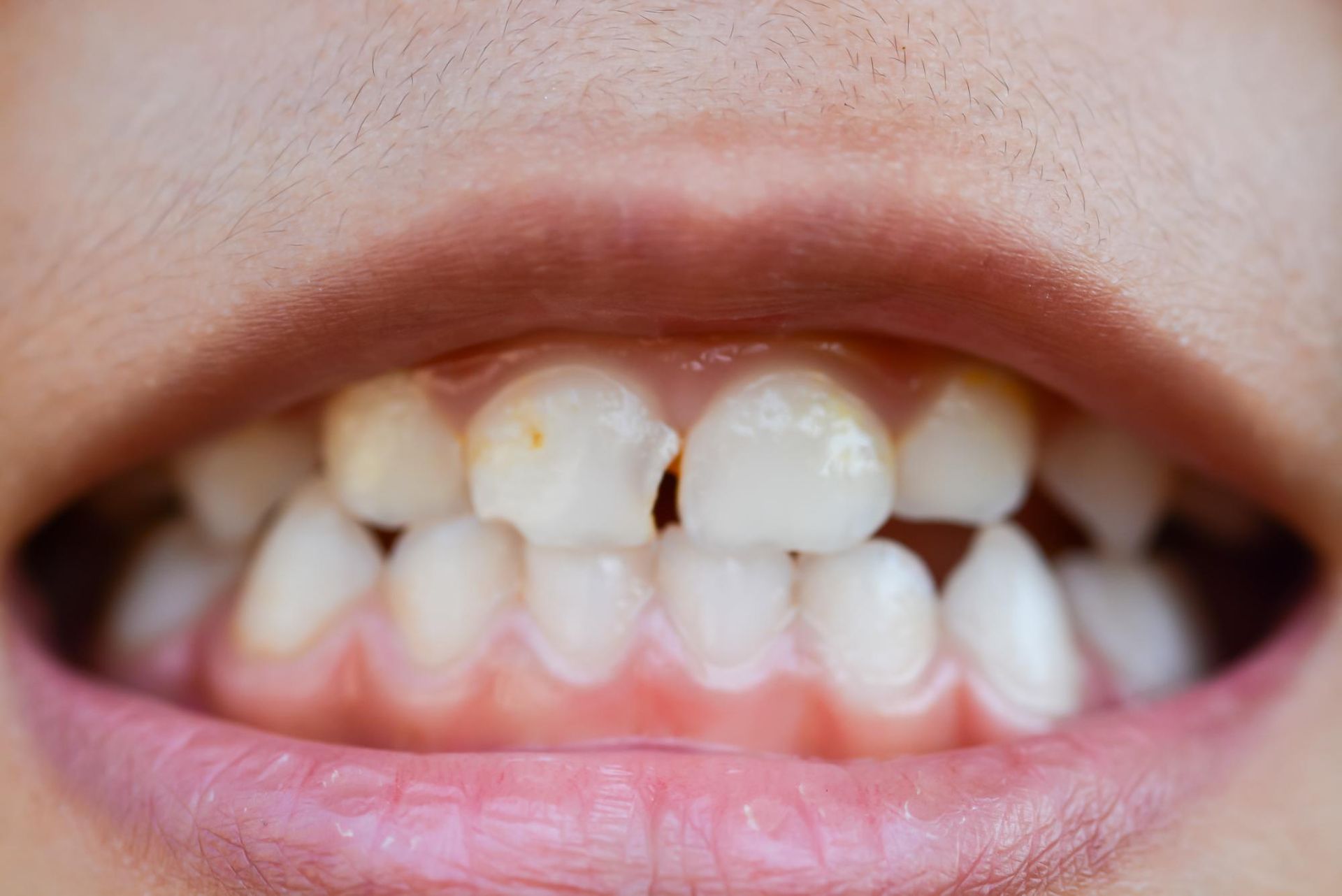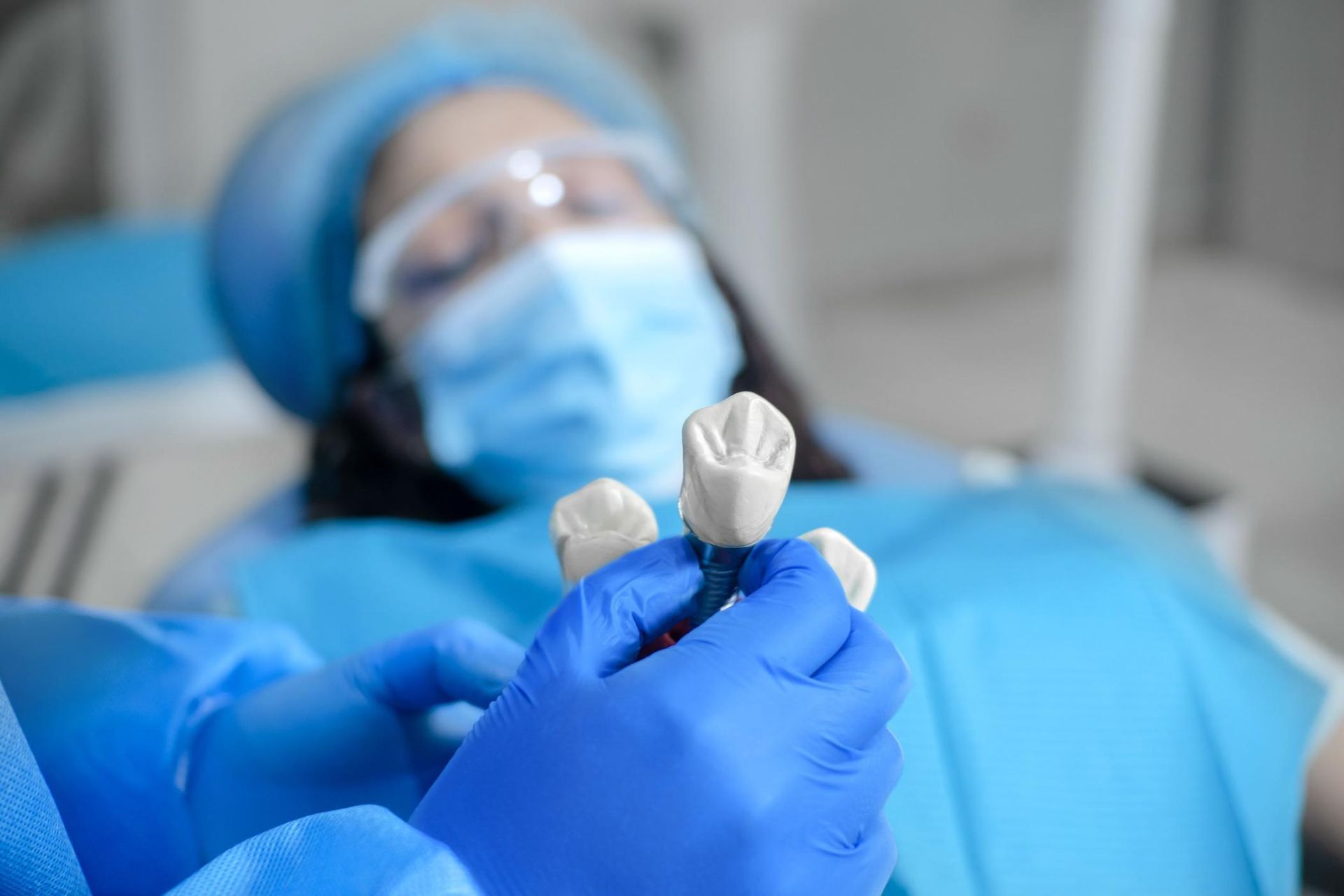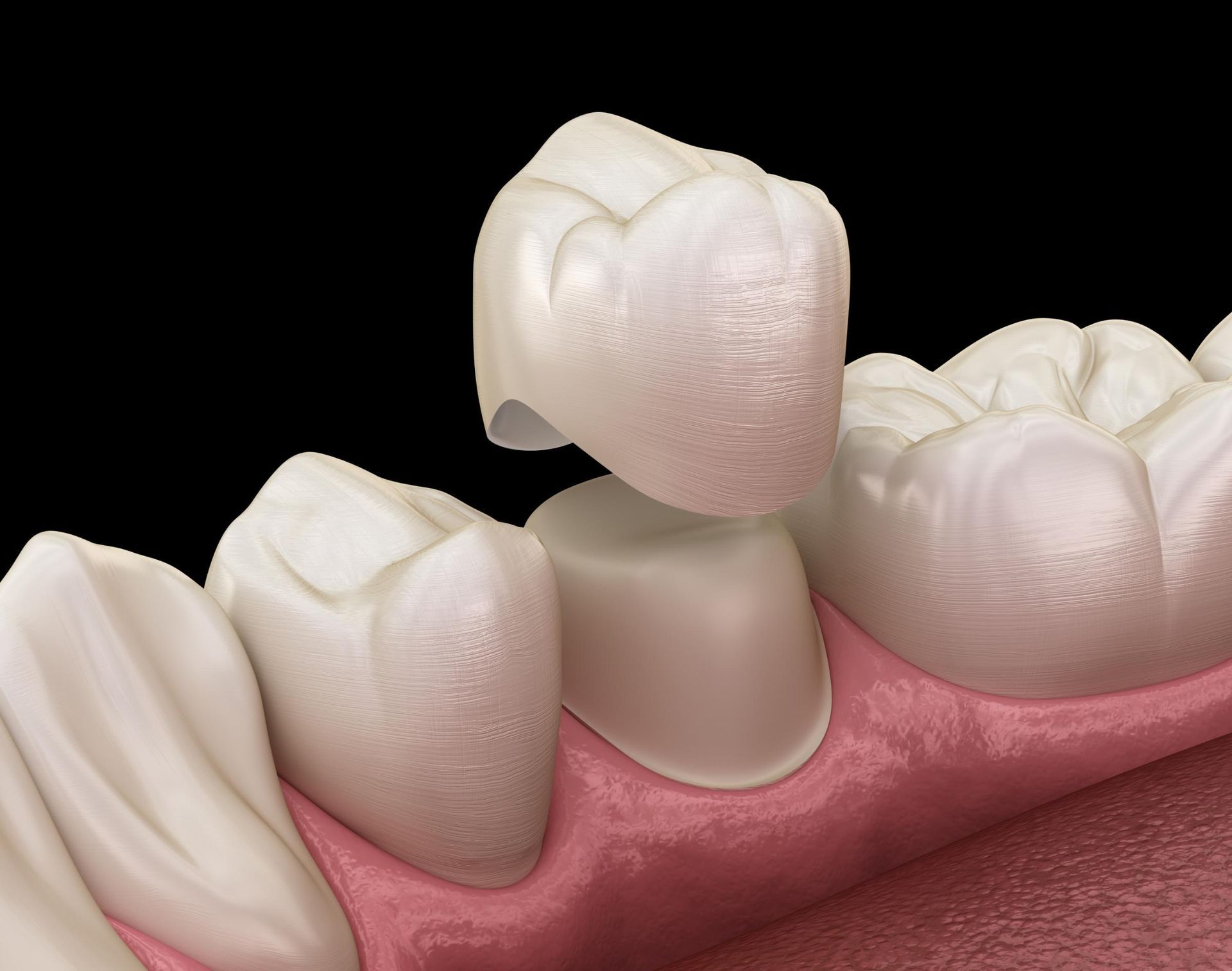General Dentists Can Treat Sleep Apnea

A general dentist can treat mild to moderate sleep apnea. A dentist may use oral appliances custom-made for your mouth to treat this sleep condition. To understand more about how a general dentist can treat your sleep apnea, it is important to first understand a little more about sleep apnea. Read on to learn more.
What is sleep apnea?
When a patient has sleep apnea, that individual will stop breathing many times throughout the night. This usually happens when the patient’s airway becomes blocked. The most common type of sleep disorder is obstructive sleep apnea and this happens when the throat becomes blocked. The throat may become blocked when the muscles relax, causing the tongue or excess tissue in the throat to block the airway.
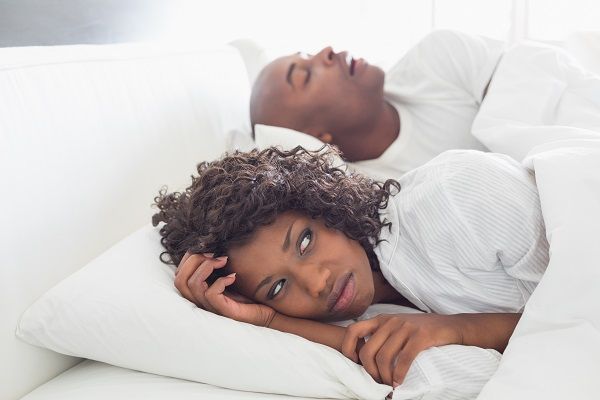
When the airway becomes blocked, the brain sends signals that wake up the body so the individual can breathe again. This process happens many times during the night, causing the individual to feel tired the next morning. There are several symptoms of sleep apnea, including:
- Snoring
- Drowsiness during the day
- Headache in the morning
- Gasping for air during the night
How a dentist can treat sleep apnea
General dentists are trained to help treat the causes of obstructive sleep apnea. These dentists can work with sleep doctors to help determine the right treatment for a patient. Oral appliances can be used to help keep the airway open during the night for patients who are unable or do not wish to use a continuous positive airway pressure (CPAP) machine. This can help patients get a better night’s sleep and reduce the risk of many types of health problems. An oral appliance used for sleep apnea may look similar to a mouthguard. This device must be custom-fitted for that patient’s mouth.
The most common type of oral appliance for obstructive sleep apnea is a mandibular advancement device (MAD). This appliance is used to gently move the lower jaw forward. It snaps into the upper and the lower parts of the mouth and it has metal hinges. Some types of these appliances allow the user to control how far the lower jaw is moved. This device keeps the lower jaw from falling back into the airway and blocking the patient’s breathing.
Another type of appliance that is not as commonly used is a tongue retaining device. This device works by holding the tongue in place during the night. It is effective for patients whose tongues fall to the back of the mouth during sleep.
These devices can help reduce snoring for patients. They can work to control the sleep apnea over the long term.
Visit a dentist today
Sleep apnea is a serious health condition that can increase your risk of developing a stroke or heart attack. It is important to treat this condition so you can get a better night’s rest and improve your overall health. A dentist can help you find the right treatment. Visiting a dentist can help you get the devices you need.
Request an appointment here: https://www.casasadobesdentistry.com or call Casas Adobes Dentistry at (520) 365-0559 for an appointment in our Tucson office.
